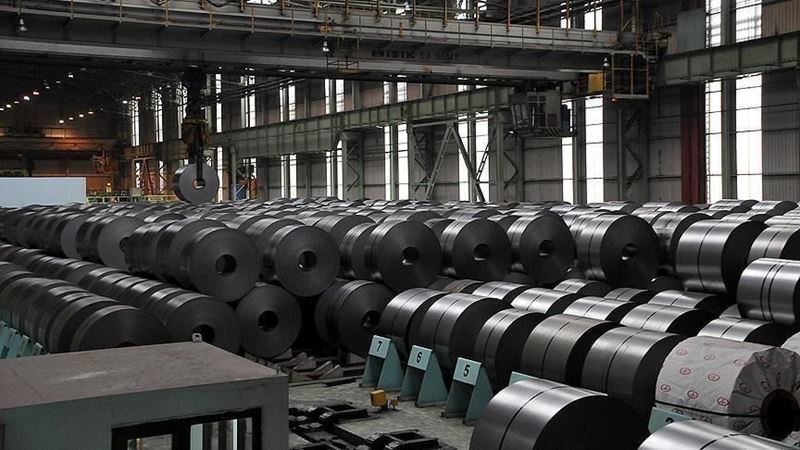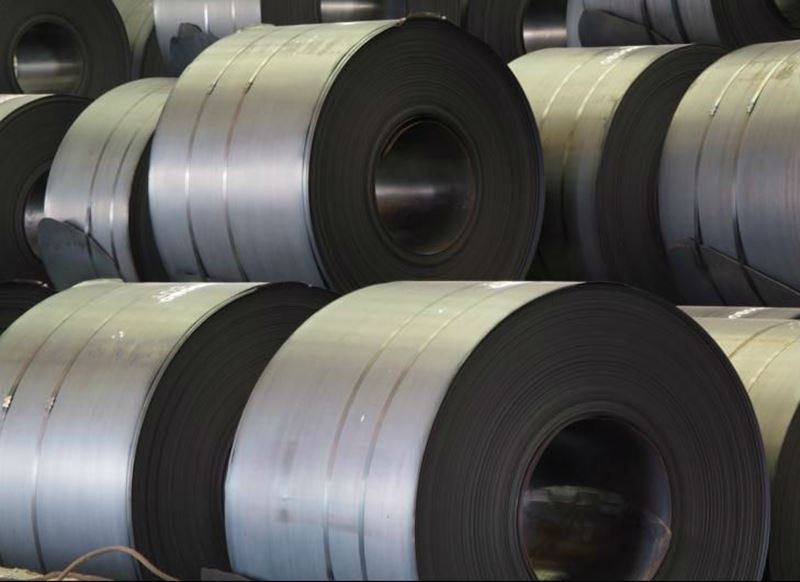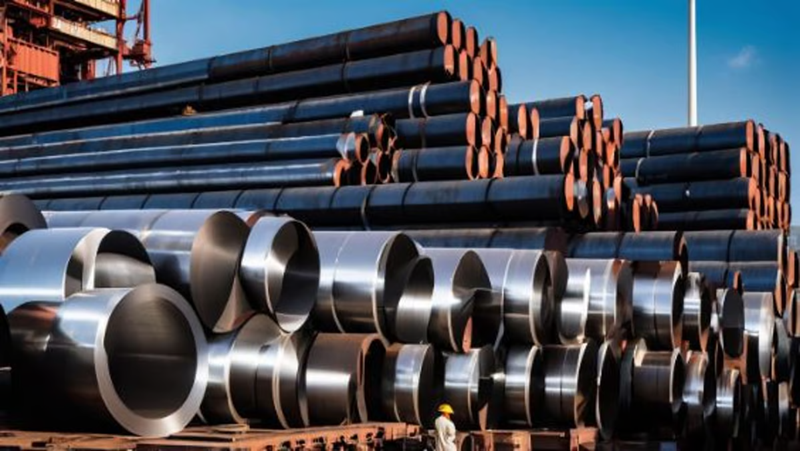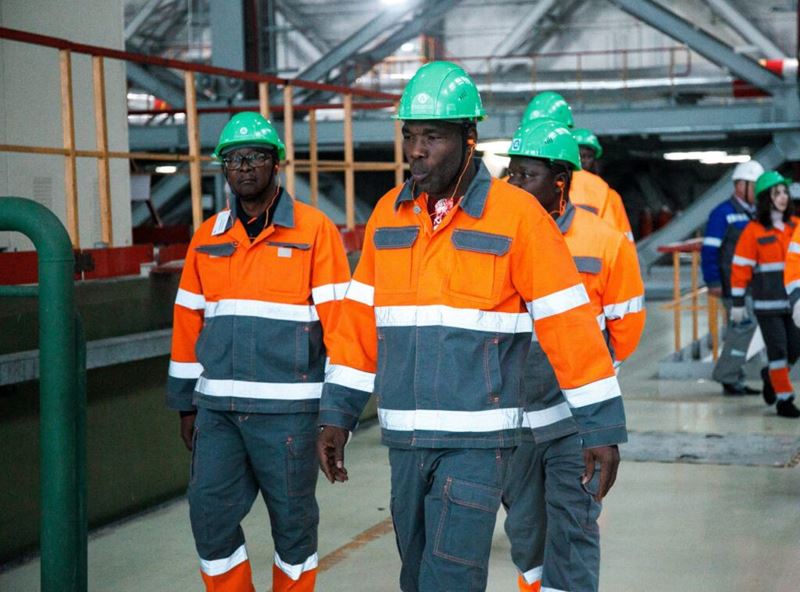Steel exports to the region are expected to reach a record 20 million tonnes by the end of 2024. This multifaceted co-operation supports regional development and consolidates China's position as a global economic power.
Economic ties between China and the Middle East continue to strengthen, especially in steel production and infrastructure development. As of September 2024, China exported 15.2 million tonnes of steel to the region, up 23.9% year-on-year. These exports are expected to reach a record 20 million tonnes by the end of the year. Saudi Arabia (38 per cent) and the United Arab Emirates (44 per cent) were the main export destinations. This data highlights the critical role of the Gulf Cooperation Council (GCC) countries in this growing trade relationship.
Beyond steel exports, China's investments in the Middle East are reshaping the region's infrastructure. Focusing on transport, energy and real estate sectors, China contributes to large-scale projects with engineering equipment such as tower cranes and excavators. Among these projects, Saudi Arabia's $500 billion Neom mega project stands out. Chinese companies play an important role in the construction of high-tech smart cities such as The Line and OXAGON.
On the other hand, steel demand in China fell by 3.4% in 2024 due to the slowdown in the property sector. However, this decline was offset by strong export growth to the Middle East. The Middle East has become an important market for China's steel and industrial products. This mutually beneficial cooperation not only increases China's global economic influence, but also helps the Middle East achieve its modernisation and sustainability goals.











Comments
No comment yet.